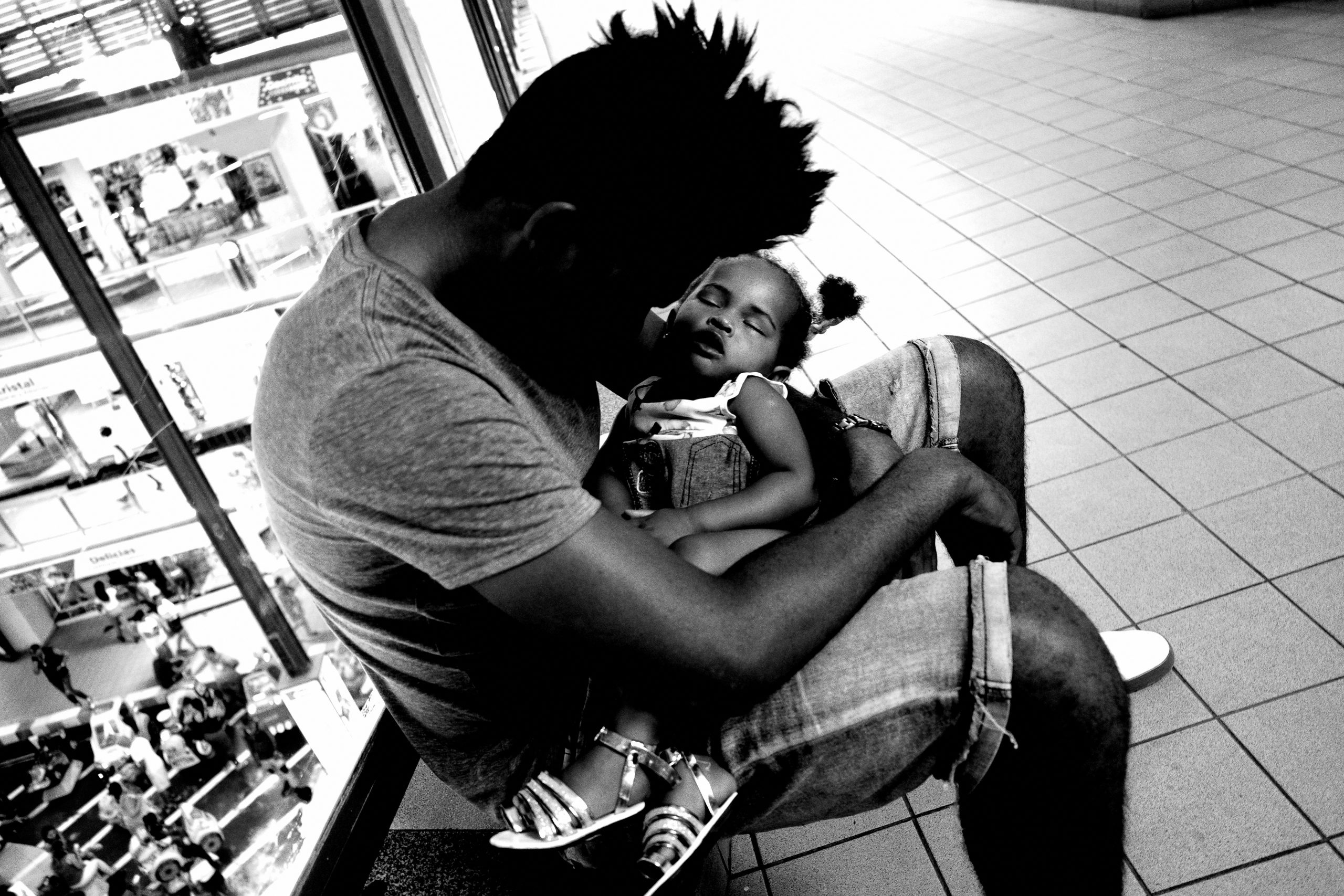Never stop practicing. Practice is like it were your first time. Retain your child-like “beginner’s mind”.
(more…)Month: February 2020
-

Retire Now
It is obvious that retirement is a good thing. I retired. Why did I retire? In order to focus on artistic and philosophical production.
But what holds us back? Fear. Also, perhaps we should put a stake in the ground and state:
I have retired.
More thoughts on retirement:
(more…) -

The Pursuit of Mastery
Someone who inspires me a ton is Eminem. Why? He is rich as fuck, but he still raps. Why does he still rap? He is striving towards self-mastery. My thought:
(more…)As long as Eminem keeps rapping (and never stops), he will become the GOAT (greatest of all-time).
-
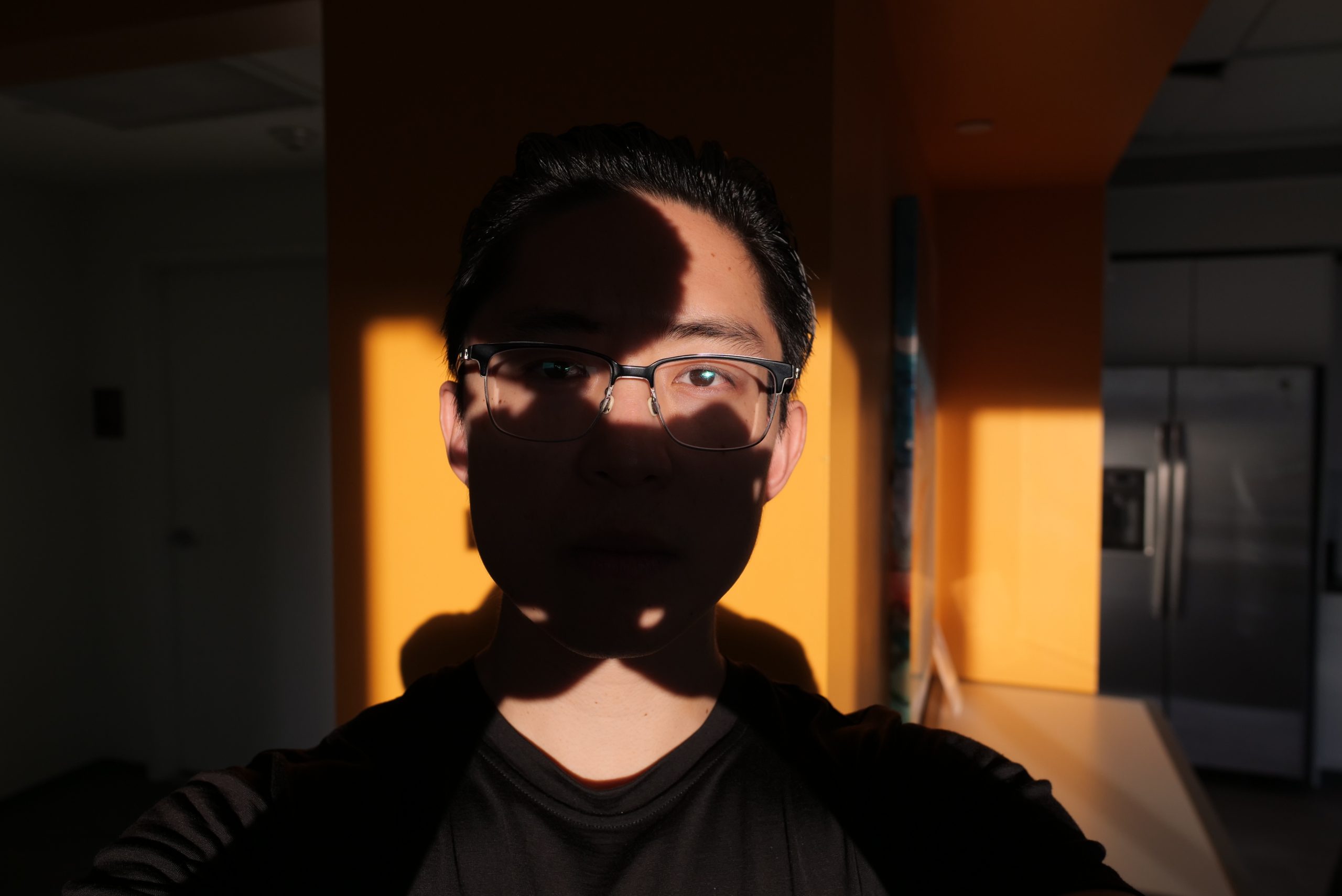
Why am I So Positive and Optimistic?
My thought:
I don’t have the “free will” to “will” myself to be positive and optimistic; it is simply who I am and how I feel.
But how did I become so positive and optimistic? My reflections:
(more…) -
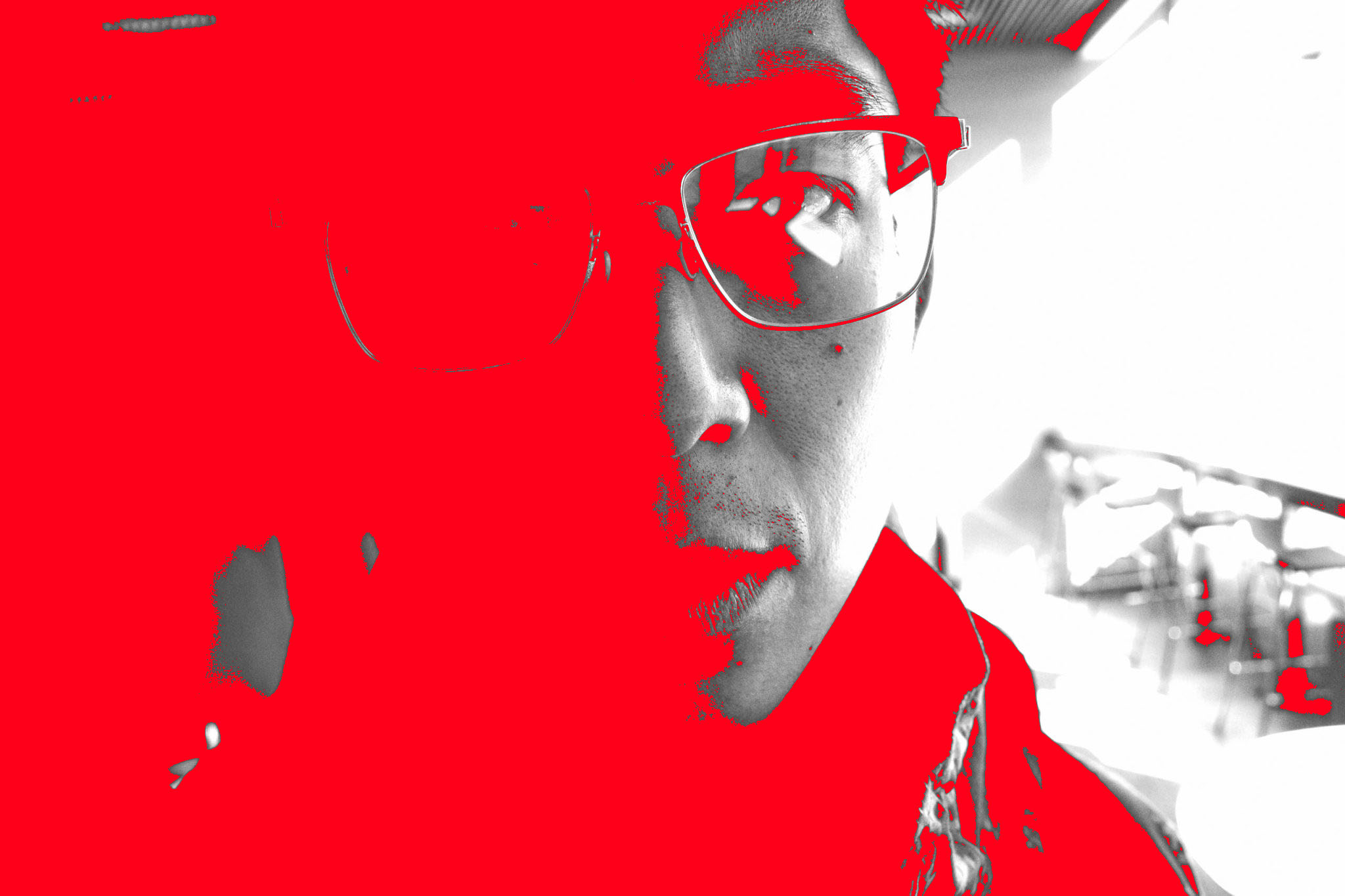
What Will People in the Future Want?
People of the future will desire what we already desire today:
(more…) -

DEVELOP YOURSELF
What is one of the noblest goals you can have in life? Simple:
(more…)Focus on your own personal development.
-
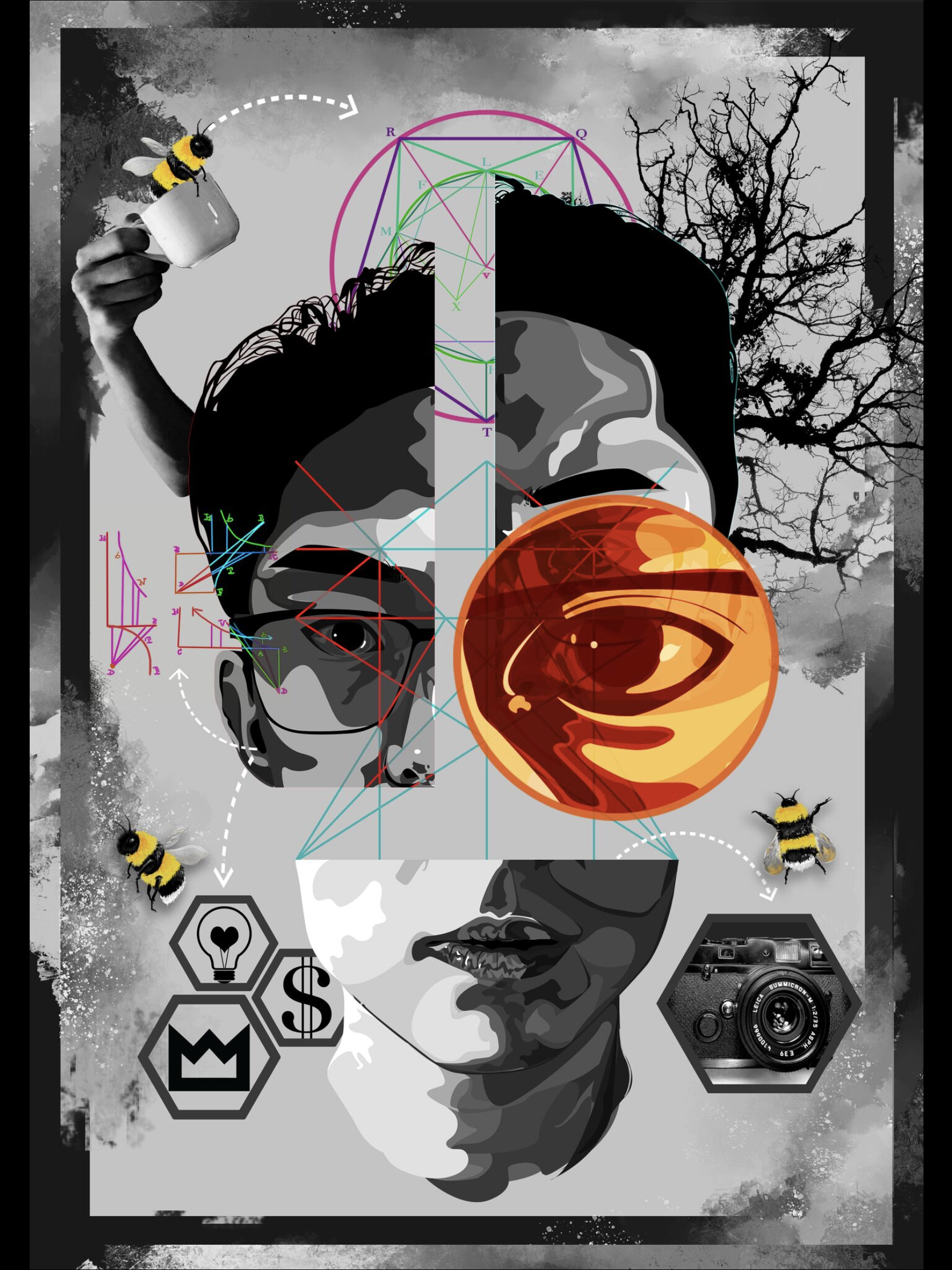
Full-Stack Photography Entrepreneur
The secret of success in photography —
Become a fully vertically-integrated you.
Become a “full-stack†photography entrepreneur: you do all the marketing, blogging, YouTube video making, branding, advertising, communicating, publishing, designing, editing, selling, teaching, and creating!
(more…) -

The Best Technology is Anti-Technology
What is the best type of technology?
Technology which BLOCKS distractions. Technology which BLOCKS other forms of technology.
(more…) -

Do You Desire to Become the Best?
A thought after reading Kobe’s “Mamba Mentality†book:
Perhaps the best way to live life is to strive to become the best individual at something on planet Earth.
To strive with all your power to become the best individual in a certain field or skill. 100% success isn’t guaranteed, but isn’t the striving the best part?
(more…) -

Uploaders shall Inherit the Earth
An entrepreneurial idea:
(more…)If you desire to become successful (or more successful), do the following: upload 90% of the time, and download only 10% of the time.
-

SHARE YOUR PERSPECTIVE
What is photography, life, philosophy all about? Simple: just share your own personal perspective on things!
(more…) -

Maintenance-Free Lifestyle
What is the best life and lifestyle?
One which requires the minimum amount of maintenance, care, stress, and bother.
(more…) -

Honeymoon Period with the Digital Leica M240 is Over – Review by Jun Goodhouse Kim
Written by Jun Goodhouse Kim, originally on engineeredjunk.com
I’d been shooting with a Leica M6 for a while then. I’ve gotten comfortable with film. I’ve had the luxury of simply shooting, and not having to go near anything that had “Adobe†written on it (I trusted the local lab technicians for developing and scanning. After all, they are the experts). I’d even properly learned how to shoot with flash. I was really happy that I returned to film. Maybe not because I achieved better image quality, but because I enjoyed and loved the process and the anticipation.

Trusty M6 with a pancake 35mm. Perhaps my favorite combination. But all romance must end sometime. This wasn’t the case where death did us part, but I realized that it was simply too expensive to shoot film. So expensive that, if I stop shooting film for two years, I can literally afford a digital Leica.
The thought came to me as a revelation. I remember that the decision to buy an m6 was such a big one for me. $1000 for a film body felt very expensive then, but now I am even daring to think about buying a digital Leica? It was absolutely outrageous, impulsive, logical, and so well calculated that it even felt frugal – which is probably the one word you shouldn’t be using when you’re buying anything with a Leica logo.
My two brain cells were in dire protest and they successfully negotiated it down to a used M240. Nothing fancy, nothing new, and plenty good enough to be used in 2019. It will be a workhorse for years to come. It is, after all, a Leica.

There’s about 30 years between these two. Good designs are timeless. 
Just a little bit of brassing. The camera is built like a proper tank. The brass top makes the camera feel very dense and surprisingly heavy for the size. Supposedly it helps create a very premium and luxury feel. In reality, it was a pain in my neck – literally.
While mainly shooting film, I forgot that bad UI in digital cameras was a thing. Leica M240 reminded me of that unpleasant software feel.

It’s like navigating a maze. I had to google the simplest things like changing the iso range. I quite didn’t like the metering on this one either. Not because it was inadequate but because of how it decided to do it. M240 offers minimum shutter speed that is configurable through auto iso setting. However, to the camera, it is a mere guideline more than anything else. I would much rather the camera take a dark photo than a motion blurred one. Former can be easily fixed in post. The latter, you need a proper time machine.

Shot on M240. Blurs are not always a bad thing, though. I would’ve so much more preferred the camera to take underexposed photos rather than decreasing the shutter speed below to what I’ve asked. The sensor is capable of 13.3 stops of dynamic range. The raw was already properly underexposed and I could pull out so much from the shadows. For a camera from 2013, it was damn impressive.

The area below the trees were completely dark in raw preview. Luckily, the camera’s intelligence didn’t bother me all too much. I was used to shooting with everything fixed for some time with a flash, f11, zone focused, iso 400, and flash sync shutter speed with a little bit of blur in the image.
A little bit of tweaking was required to get everything the way I wanted on M240, but the principal was basically same as when I was shooting film.
A simple dumb flash is enough as long as you know the exposure table by heart. 
Shot on M240, on a rainy day. Leica says that the camera is “splash-proof†and it absolutely did survive several street photography sessions while raining.
I suppose the good weather sealing came with some cost. The camera is a lot bulkier than its predecessor M9 and a lot thicker than film M’s. I like to wear my rangefinder around my neck because it helps me get into the shot quicker, but walking around with the camera + flash around my neck was getting too tiring. Since there was absolutely no way that I was not going to strap a $3k camera to my body in some way, I chose to have a wrist strap instead.Along the way, I developed a weird way of shooting. Perhaps a bad habit or perhaps an artistic choice, but because I had my camera attached to my wrist and I wanted to shoot quickly, I shot a lot from the hip.

Shot on M240. Denver. I contemplated if I should stop shooting like that, or at the very least, turn on the live view. With a modern mirrorless, the choice would have been dead simple. With a Ricoh GR III, I wouldn’t have have a choice or even the problem in the first place.
In order for any mirrorless camera to show live view on the screen and to calculate focusing for auto-focus, the shutter has to be open with the sensors exposed. Which is why almost all mirrorless cameras have their sensors exposed all the time. Also, with Sony’s Electronic First Curtain Shutter – EFCS implementation, it takes the photo as the shutter simply closes. Even without EFCS, the shutter operation is very fast that you don’t really notice that the front shutter curtain closes, opens, and rear curtain dropping to finish the photo.

Shutter stays closed during normal operations as shown. Leica rangefinders on the other hand, does not need the shutter to be open for normal operations and only opens when in live view mode. So when you’re shooting thru ovf, the shutter only opens and closes. However in live view mode, the shutter has to close, open, and close again. Because of this, Leica’s implementation of live view is noticeably slower when taking photos when compared to ovf mode.
So I continued to shoot from the hip. No EVF, no ovf, and no preview. I had no idea what the photo looked like until I was editing. Perhaps it wasn’t the most practical choice, but in a way, that was similar to shooting film.

Another blind shot from the hip. In the end, I learned how to frame from the hip. With 28mm and enough practice, I could pretty much get the portrait I wanted by pointing in the general direction. The subjects didn’t even know I was going to make a photo because I didn’t have to bring the camera to my eyes. I could keep people occupied with a conversation and get candid looks easier.
After shooting for a while in San Francisco and in Denver, the honeymoon period with the digital Leica was over. My good friend Eric Kim suggested that I part ways with it. So my $3k experiment came to an end after about a year and I went back to shooting film for the time being.
I sometimes do miss having M240. It had its quirks and it wasn’t flawless, but it still had soul and had character. However, considering the way I shoot and the workarounds/habits I had to develop really indicated that it just wasn’t a practical choice especially in 2019 – not that it would matter for most Leica shooters anyways.
Timeless design, guaranteed quality. Meßsucher, the rangefinder. Leica M240.
Documenting Seoul and Busan on XA2 and Film by Jun ‘Goodhouse’ Kim >
-

Documenting Seoul and Busan on XA2 and Film by Jun ‘Goodhouse’ Kim
Post by Jun Goodhouse Kim from engineeredjunk.com
Jun: For a fast paced city like Seoul, 3 years is practically forever – which is how long I’ve been gone. So many things have changed, yet some things remained. This time, I was determined that I would look at my home town from the eyes of a tourist and also travel to a city I’ve never been – Busan. I wanted to travel light and see it right, so I ditched all my heavy photography gear and brought an XA2 and my iPhone (To be perfectly honest, all the film ended up being a luggage. Next time, I’m ditching film gear)
I wasn’t trying to shoot street photography so much. Rather, I just wanted to document what I saw. Some rules I made myself were broken (don’t photograph “boring†subjects like people looking at their phones or the back of a person) but I had so much fun simply walking around with a camera in my hand.

Line cooks at my new favorite Chinese spot back home 
Night life in Seoul 
Nobody Smokes Anymore #15 Not being able to control any aspect of the shot – including focus, aperture, shutter speed – except for iso was both a blessing and a curse. I missed so many shots due to technical errors, but I shot so much because I didn’t think twice before pressing the shutter release button.

Alley #0 
This was an everyday scenery for me 10 years ago. One thing that changed is that we carry bigger phones now. 
No rest for the weary 
/r/WFAT 
Busan #0 
Busan #1 
Busan #2 
untitled 
untitled 
Alley #1 
Alley #2 
Alley #3 
Old bookstore. It might seem random, but the owner knew exactly where everything was 
untitled 
why did he try to get to the other side? 
For soju, bbq, and a conversation 
I should go back more often while the door’s open for me.
Follow Jun Kim: engineeredjunk.com
Email Jun: goodhouse.kim@gmail.com
Interview with Jun: Engineer and Visual Artist >
JUNWOO KIM is the inventor of ARS COIN, and a talented visual artist, engineer, and a good friend.
(more…) -

My Vision of Photography Entrepreneurship
My personal vision for the future of photography entrepreneurship:
(more…) -
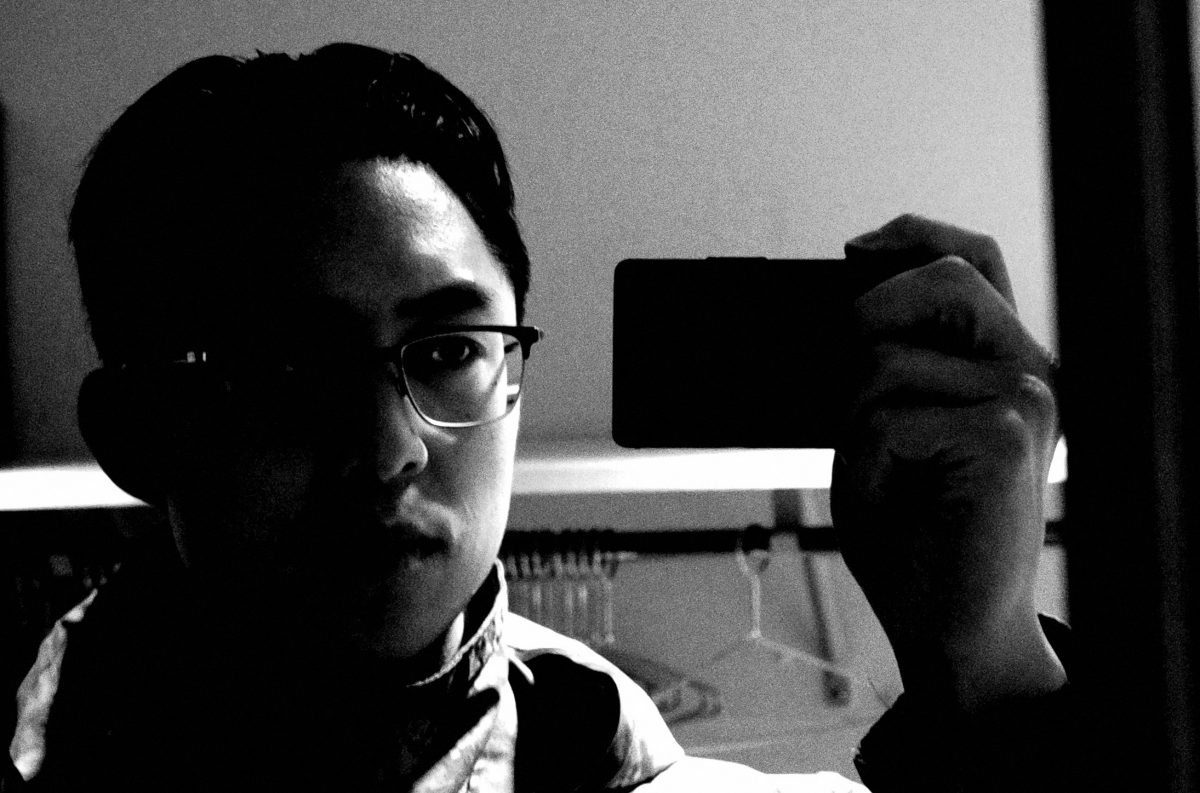
The Most Compact and High-Quality
A thought about equipment, tools, clothing, and things:
(more…)Optimize for the most compact thing, with the highest quality and condensed power.
-

Love Randomness, Chaos, and Chance in Photography
In Praise of Beautiful Mistakes and Accidents in Photography.
The thought:
(more…)Photography is so fun BECAUSE there is so much randomness, chaos, and chance that goes into it!
-

The Desire to Transcend Ourselves
What do we really want? Perhaps to transcend ourselves. To transcend our bodies. To transcend our abilities. To strive for more. But to not be constrained by anything — certainly not reality!
(more…) -

Entrepreneurship as Difficult and Risky
What is interesting about life decisions:
There are some life paths which are very difficult but not very risky (becoming a doctor), whereas there are other life paths which are both difficult AND risky (entrepreneurship).
Perhaps the best way to extract the maximum from existence — strive to pursue and obtain both difficult AND risky.
(more…) -

Physiological Problems require Physiological Solutions (not Mental)
Much of what we consider is “mental” problems or illnesses are often physiological. Thus perhaps instead of trying to discover optimal “mental health” solutions, we should strive to figure out more robust “physiological health” solutions.
(more…) -
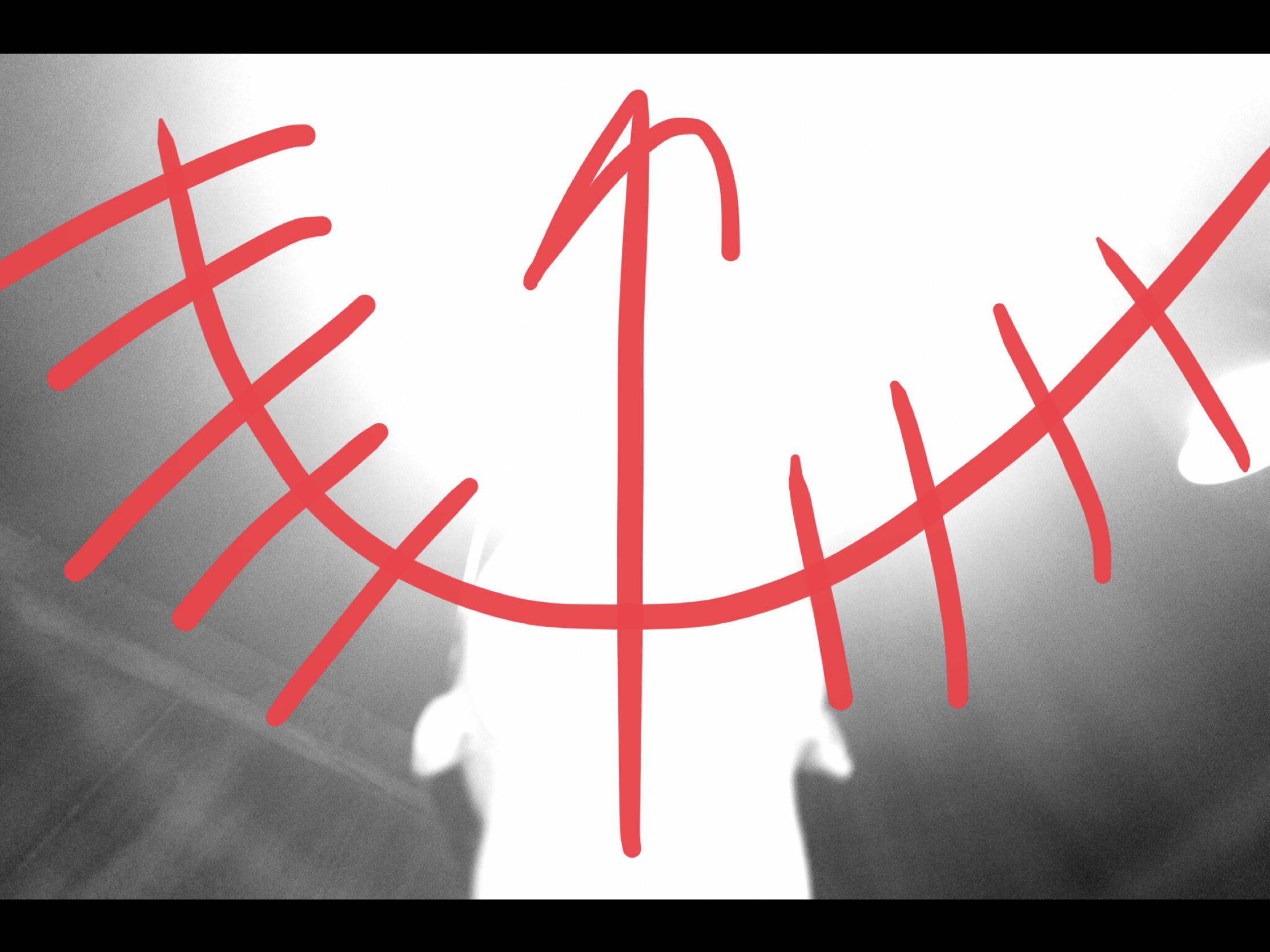
EFFORT IS ENJOYMENT
Something a lot of people don’t understand or get:
(more…)If you want more enjoyment, fun, and joy from existence — we NEED to pursue things and do things which take great effort and willpower!
-

Photography as Painting
There are many different way you can employ photography. One of them is to use the camera and lens like a paintbrush — seeking colors, textures, color combinations, and “still life†opportunities everywhere in everyday life!
(more…) -
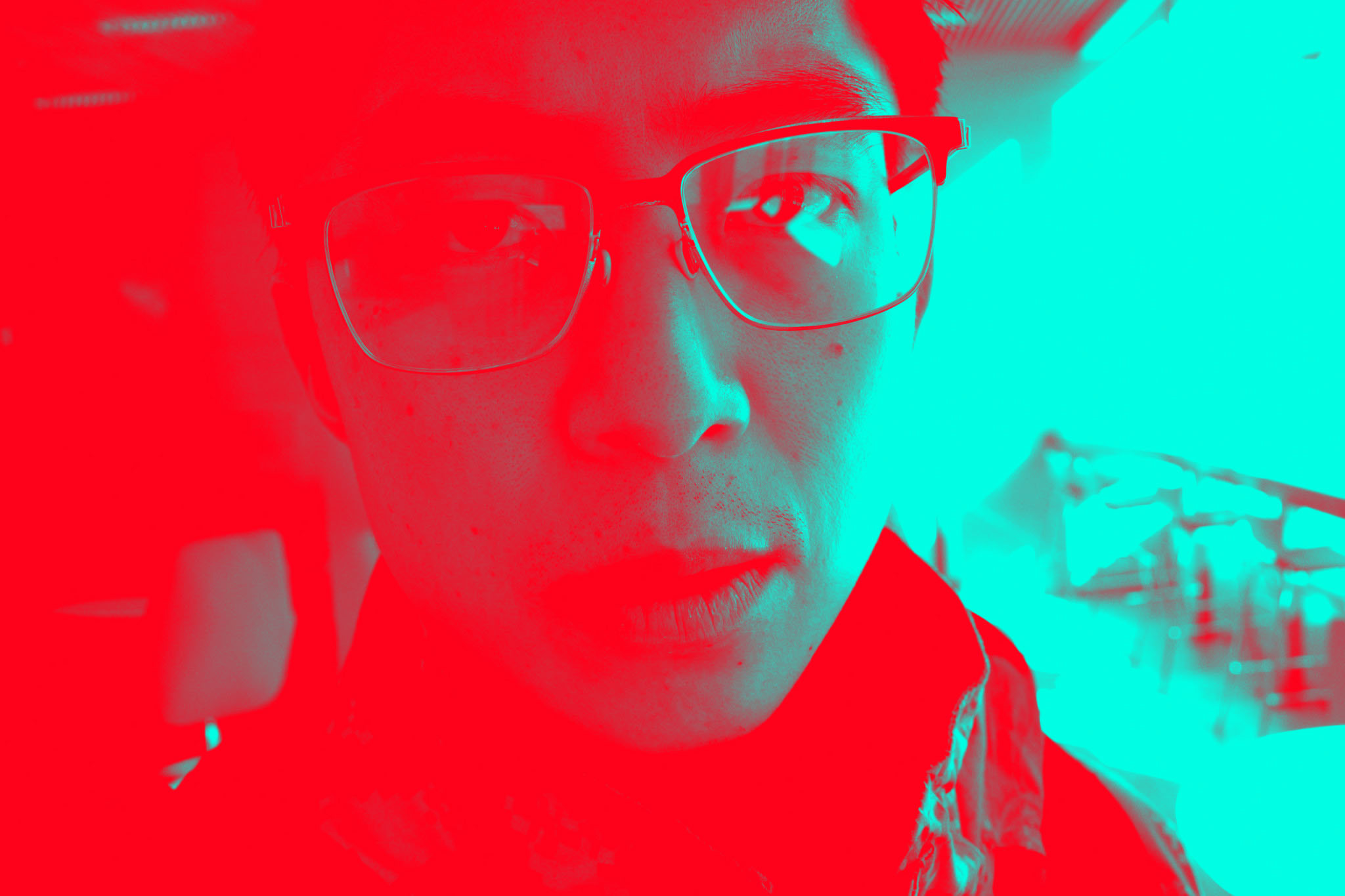
Continually Creative
The principle of life, joy, growth, and thriving as an artist:
Let your personal modus operandi (mode of living) be that of an artist who is continually creative — no matter what you’re doing!
Beyond originality
Shoot new photos, remix old photos. Continually create new art works, or remake something new from something older you’ve already made!
-

The Joy of Hunting for the New
What new photos have you yet witnessed? What new experiences have you yet experienced? Let this incredibly optimistic thought drive us forward!
(more…) -

Passion over Originality
It ain’t about being original, it is about doing or pursuing what you love, care about, or are interested in.
(more…) -

Your Knowledge Accumulation as a Tree
As you continue to learn, perhaps the goal is to grow like a tree:
(more…) -

Geometry and Photography
What makes photography so fun and interesting? With composition in photography, it is about discovering new hidden compositions. It reminds me of the “aha!†moments I had as a student when studying geometry, trigonometry, physics, and math!
(more…) -

How to Teach Yourself Composition in Photography
Suggestion:
- Go out and shoot for fun
- When you’re composing, take your time, and experiment and have fun
- Shoot lots of photos of the same scene
- Experiment with different distances, different perspectives
- When you go home, analyze your photos. Try to figure out why you prefer certain compositions over others.
- Sketch your favorite compositions to discover which if your compositions you prefer the best.





